
 Instagram
Instagram
7 Ways to reduce anxiety naturally

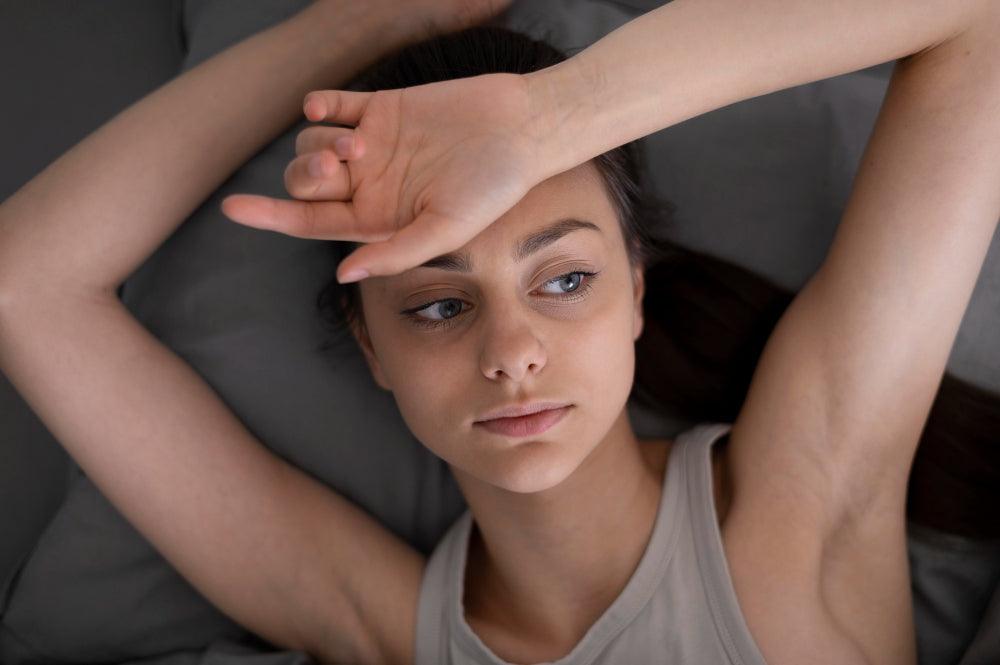
Related products
What’s covered?
Anxiety is a feeling of worry, fear, nervousness, or uneasiness that is often accompanied by physical symptoms that are excessive or inappropriate. It can be caused by an emotion, a thought, or a situation.
Anxiety can range from mild feelings of nervousness to a complete state of panic. Anxiety can happen when faced with a difficult situation or when one is in preparation for a big event. Sometimes anxiety can be a symptom of a mental health condition, such as depression or a phobia.
Anxiousness
Anxiousness is a persistent, usually transient, emotion that accompanies aversive experiences. The term anxiousness has been used in studies of anxiety to describe feelings of anxiety and fear. It is associated with various conditions, such as dangerous or unpleasant events, the frustration of a difficult task or a conflict with the present situation.
Symptoms of anxiety
An anxious person can experience the following symptoms in various situations. Symptoms of anxiety are similar to many other conditions, including stress, panic attacks, and insomnia. Anxiety symptoms include:
-
an increased heart rate or heavy breathing
-
a feeling of nervousness
-
a feeling of apprehension or fear
-
heart palpitations
-
a sense of muscle fatigue or muscular tension
-
compulsive behaviour and obsession over personal items
-
uncertain tension and growing worries
-
restless leg movement
-
the feeling of having a tight chest
If you have seen these signs in your friends or relatives, you should communicate with them about their conceivable condition and encourage them to meet a mental health professional.
Types of anxiety disorders
Anxiousness is characterised by a person's tendency to feel stressed, fearful, or in a state of anxiety. An example of anxiousness is fear of poverty, affecting one's life and financial security. It is a mental condition that many influences can trigger.
Types of anxiety disorders include:
-
Social anxiety (social phobia)
-
Panic attacks
-
General anxiousness
-
Separation anxiety disorder
-
Agoraphobia
How can I reduce my anxiety?
If you experience anxiety and are looking for methods to reduce your anxiety naturally, look no further. Below are 7 ways in which you can reduce your anxiety without the use of medication. Let's have a look!
-
Reduce alcohol intake
Alcohol is consumed for a variety of reasons, whether it be in celebration or desired for its calming effect at the end of a long work day. The Mental Health Foundation links alcohol use with mental health. People struggling with mental illness are at risk for substance abuse. Thus limiting one's alcohol intake can prove to be a step in the right direction to managing anxiety.
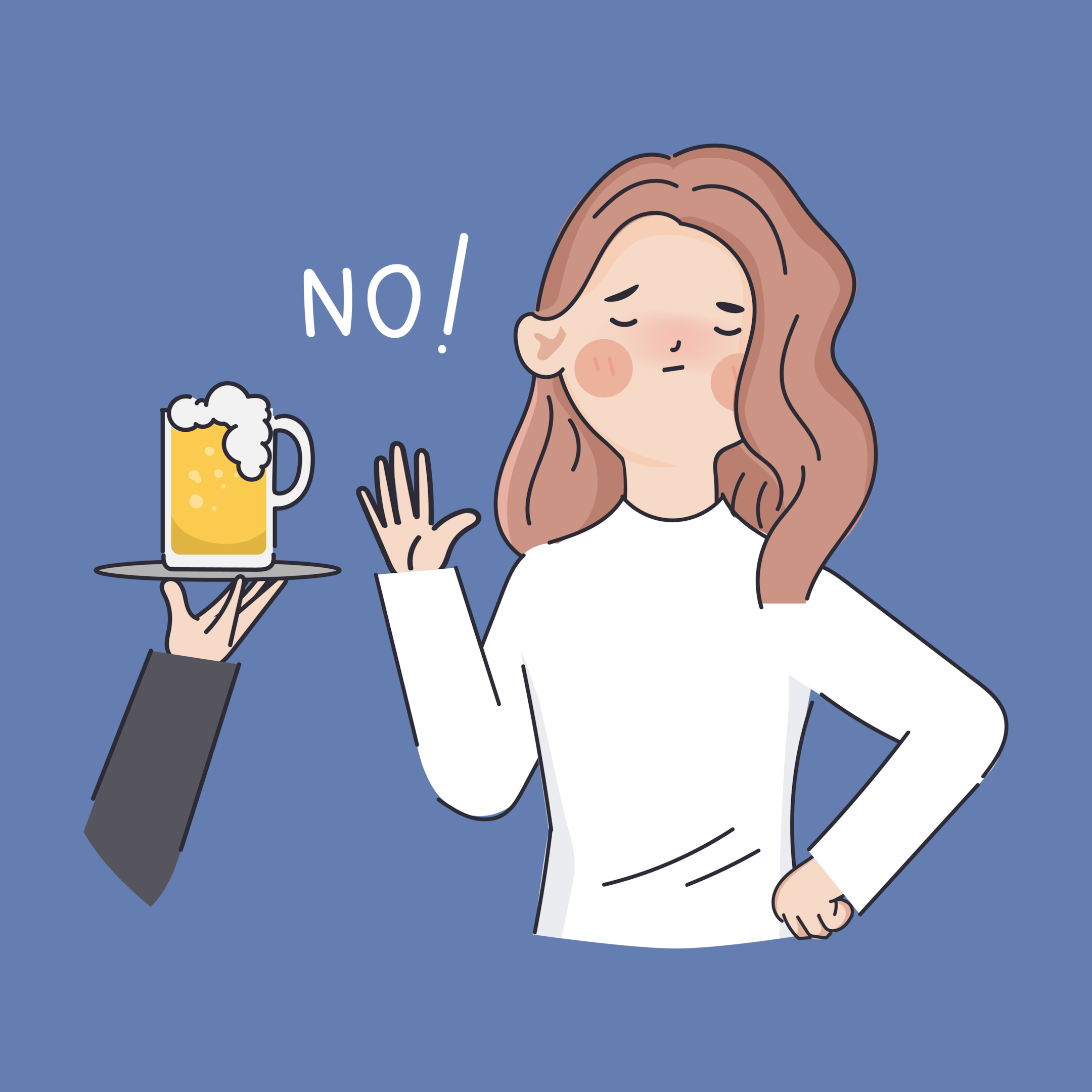
-
Know your stressors and triggers
The best way to determine the causes and consequences that make you anxious in any situation is:
-
Firstly, keep a diary and write about every tense episode in it.
-
Then, list the things out of your control and things that you can control.
-
Ignore the things that you cannot handle by yourself.
-
Instead, focus on doing something productive, something that you can control.
5 Questions to ask yourself if you experience anxiety in certain situations
For example, assuming you have finalised that interaction with a particular individual will generally set your mood and make you anxious. Then, at that point, ask yourself some meaningful questions:
-
What makes me restless about everything going on?
-
Is it true that they will pass judgment on me?
-
Am I deciding between them?
-
Regardless of whether they were deciding for me, how might that influence me?
-
What if I prepare for this interaction to help me reduce my anxiety in the future? (e.g., what you will say or how you will say it)
-
Mindfulness Meditation
Studies showed that meditation has a calming effect and thus assists in reducing further tensions and anxiety from developing. Regular meditation might help you by supporting the movement in the space of your mind responsible for sensations of joy and happiness. Profound breathing activities can give some quick help and might bring down your blood pressure. Just sitting quietly and taking deep breaths can help one to feel calmer.
Writing in journal
You can practice mindfulness by using a daily diary which can reduce anxiety and depression. It's important that you write down what you are grateful for in your journal. Try to list what you appreciate the most every single day. A study published in 2020 discovered that gratitude can help reduce anxiety. . A different approach to writing a journal is to make a list of your fears or worries. This helps us learn about our mind patterns and challenges them or interrupts them better.
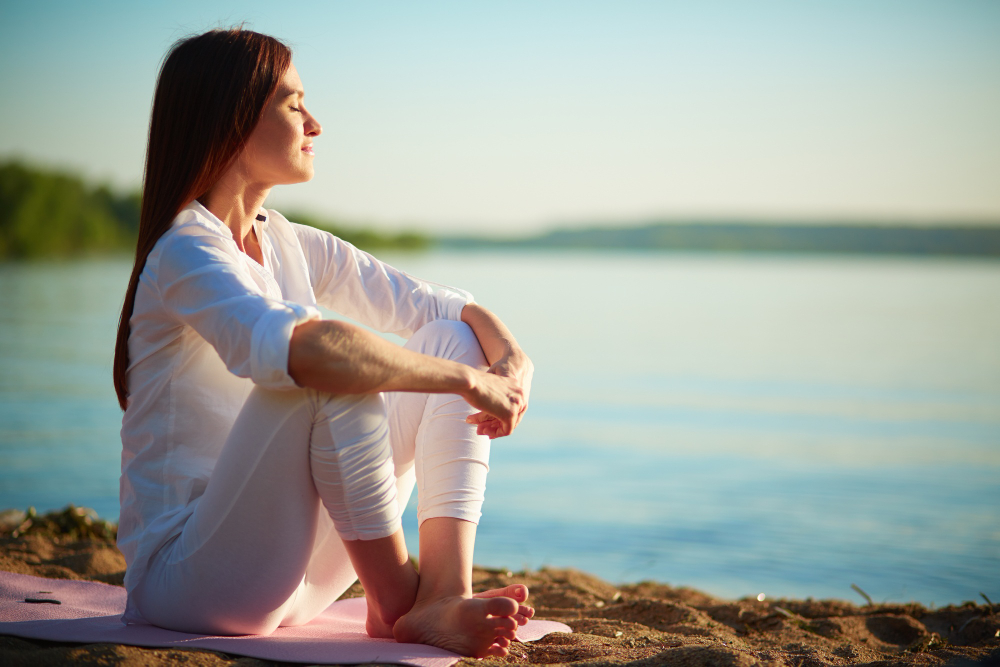
-
Be physically active
Your physical health is just as important as your mental health, therefore, it is important to be physically active. Physical activity can be used as a physical deterrent to anxiety in several ways. Physical activity can be used to provide you with an immediate physical stimulus and open up your senses to the physical world.
Try yoga
Research has found that yoga helps relieve stress. Yoga uses both physical exercise and deep breathing to reduce stress. Both were correlated with reduced anxiety levels – they're stronger together. Yoga challenges participants to exercise in a way that slows down breathing and stimulates parasympathetic nervous functions and can be beneficial to manage anxiety.
-
Organise your day
Make yourself a schedule which you can use to help you structure your day. Part of this is meal preparation to ensure that you are giving your body what it needs. Having structure in your day may make you feel more in control and help reduce anxiety.
Eat real food
The eating of real foods is a natural step to maintaining health and well-being, notably mental health. Real food is exactly real rather than processed with additives which are toxic to the body, mind and body and are often highly toxic. Real food can be richly rich in nutrition and balanced, colourful, diverse, if seasonal, giving the human body the tools for regulation, healing and growth. Where a variety of different, personal food dietary requirements exist, dietary consistency in a healthy way is important in regulating blood glucose and improving digestion and heart health.
-
Social engagement
Research has found that isolation makes the symptoms of anxiety and depression worse. Relationships matter even for those who are more introverted. If you are suffering from any symptoms of anxiety, you should take out some time out of your day to be social. Spending time with your family and friends and sharing your thoughts with them might help you feel better. Nurturing your human relations can help improve the quality of your mind. Friendships can be associated with a decreased lonely feeling or positive self-confidence.
-
Therapy
Anxiety is a type of emotion that reacts to a perceived threat. It is a feeling that a person has about themselves, usually in the form of a sense of being threatened. It can be considered a natural response to an external event, such as an earthquake.
However, if a person is experiencing anxiety regularly, they are in a danger zone and need help.
Psychological therapies to reduce anxiety have been developed in the last few decades; it is possible to minimise anxiety by decreasing the activity of the autonomic nervous system (ANS), the "fight or flight" system. Speaking to a mental health professional may benefit you and they might help you to treat your anxiety.
Therapy animal
Having your pet is incredibly important and rewarding. The presence of pets in the household is useful in overcoming loneliness and reducing PTSD symptoms. Try looking into your dog's eyes. This increase in levels of oxytocin was correlated with increased insulin production. These hormones help build and maintain relationships with people and are associated with self-esteem.
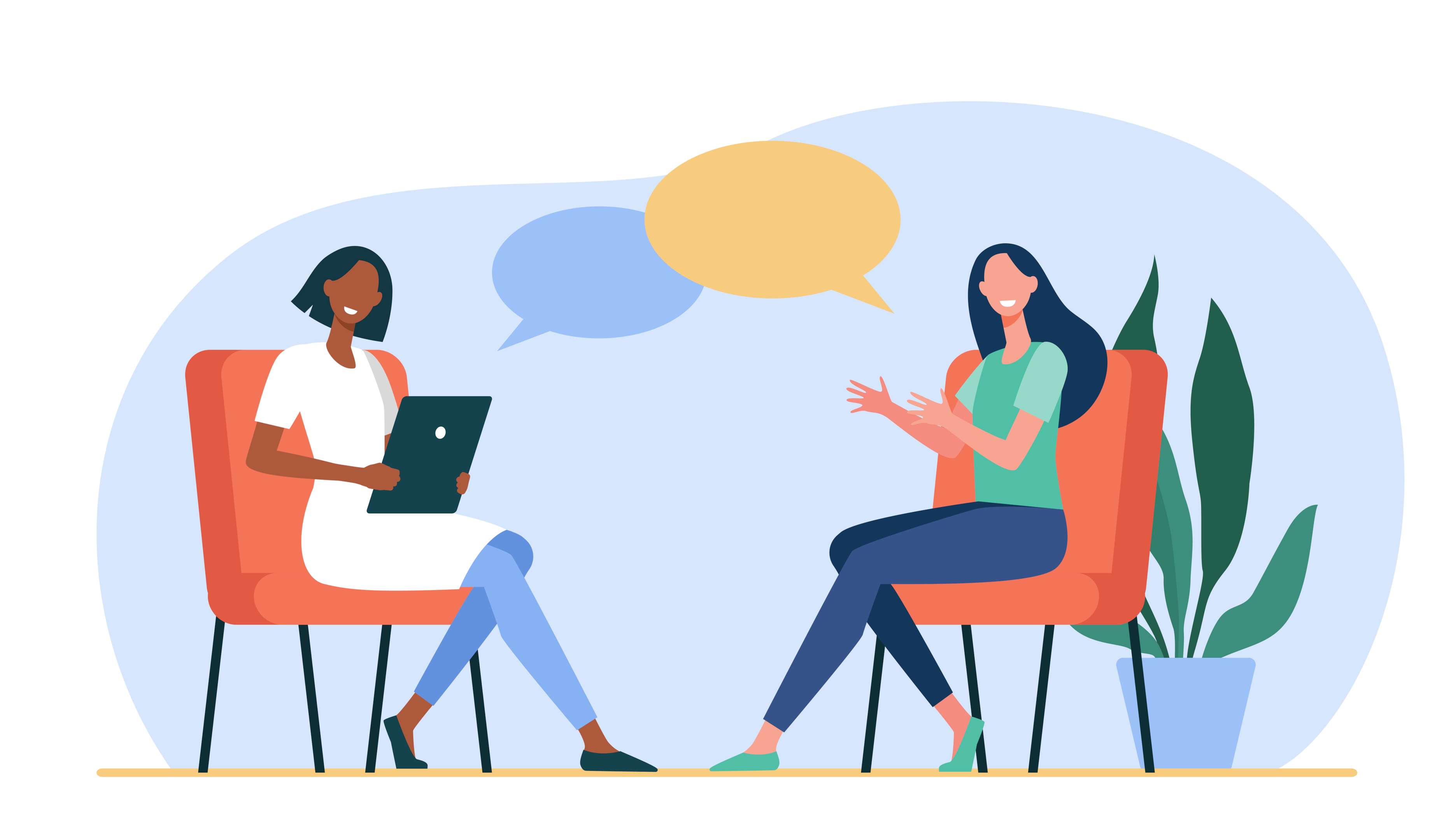
Time to seek help?
Sometimes, managing anxiety can be an intense endeavour, and it can be incredibly painful. An advisor can assist you with tracking down additional viable ways of dealing with feeling anxious. They might teach you tools you can use to feel calmer.
If you think your feelings of anxiety are getting out of control and are negatively affecting your life you might want to consider looking for the assistance of an expert. Anxiety interferes with our daily lives. It is important to remember that your emotional well-being is incredibly important. Don't be afraid to ask for help.
You can learn about Anxiety by clicking here.
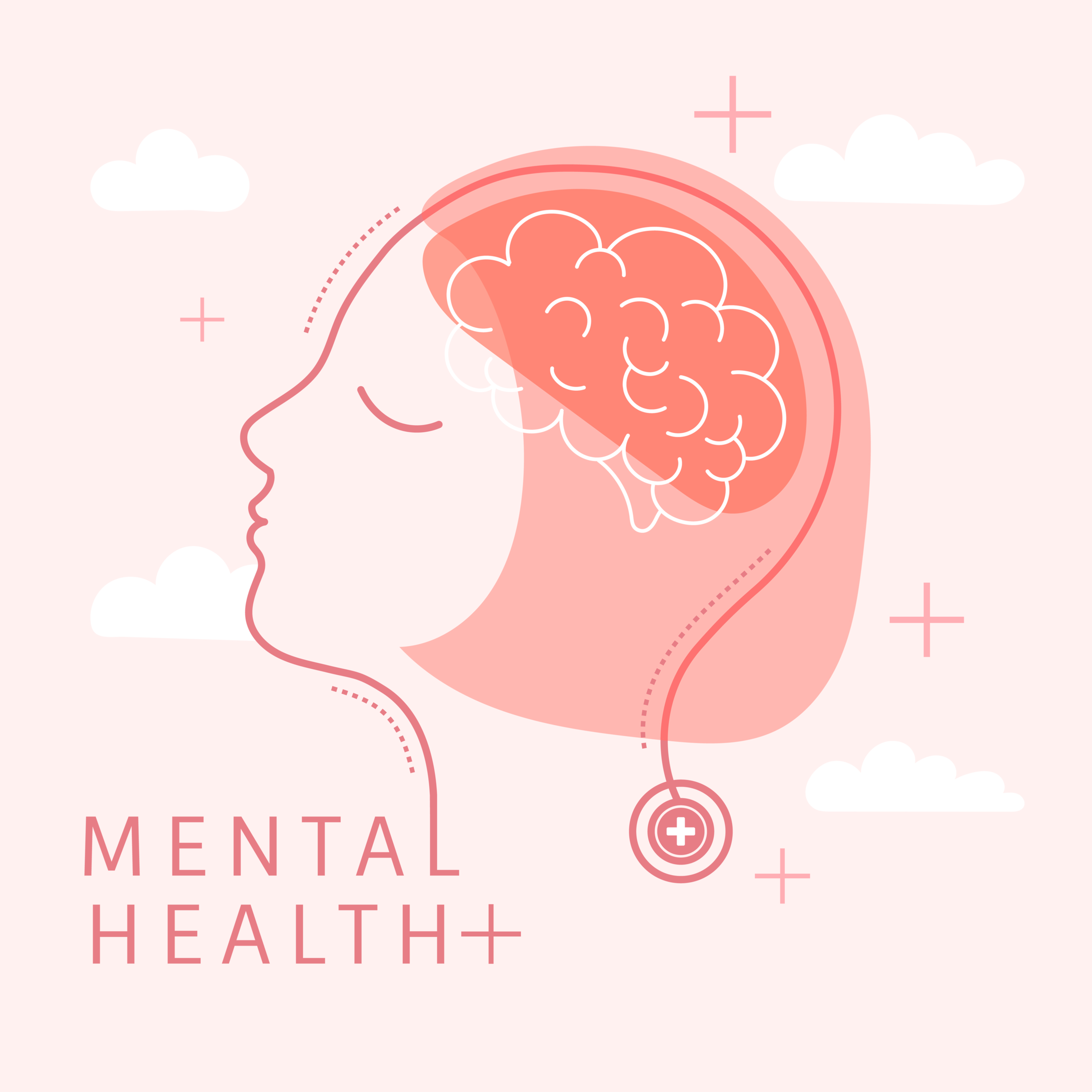
For a full range of blood tests and medications, visit our Welzo Online Pharmacy Page. For more details, click here.
References and Citation
-
Psych Central. (2021). Reduce Anxiety Now: How to Calm Down Quickly. [online] Available at: https://psychcentral.com/anxiety/how-to-reduce-anxiety-quickly.
-
Foundation, W.S. (n.d.). Anxiety Disorders. [online] White Swan Foundation. Available at: https://www.whiteswanfoundation.org/disorders/anxiety-and-related-disorders/anxiety?gclid=Cj0KCQjwgYSTBhDKARIsAB8KukuPVt1Nqqui8Pg4jI6eJA-tyotTeXuDIcowGRJaAsqzkKPDZ8KnaegaAu0FEALw_wcB [Accessed 21 Apr. 2022].
-
Foundation, W.S. (n.d.). Anxiety Disorders. [online] White Swan Foundation. Available at: https://www.whiteswanfoundation.org/disorders/anxiety-and-related-disorders/anxiety?gclid=Cj0KCQjwgYSTBhDKARIsAB8KukuatK176hTwjmft-QBnFsbn05txbDTp6bNRIHzVE7zRLIsR0WUGIf0aAoybEALw_wcB [Accessed 21 Apr. 2022].
-
Better Help (2015). Index Of Articles & Advice About Mental Health | Better Help. [online] Betterhelp.com. Available at: https://www.betterhelp.com/advice/.









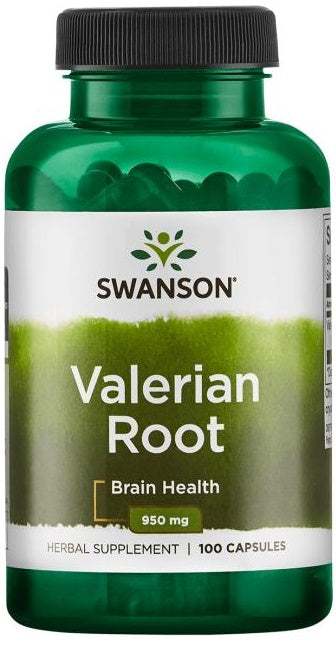





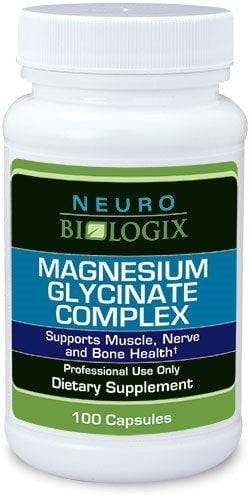















 Rated Excellent by 26,523+ Reviews
Rated Excellent by 26,523+ Reviews